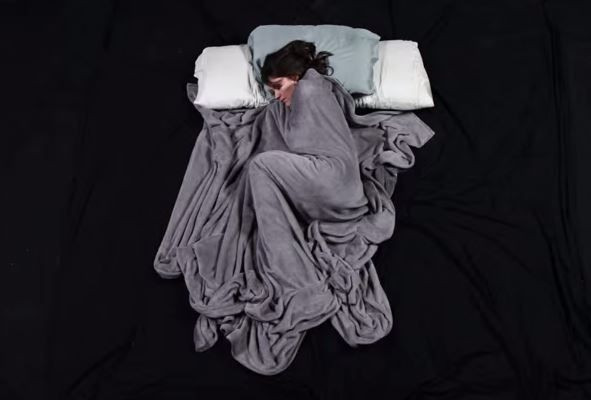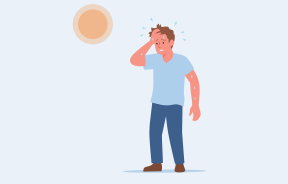Sleeping Positions: Could The Way You Sleep Offer Insight Into The 'True Nature' Of Your Personality?

Though some people wholeheartedly embrace the idea of a link between personality and sleep position, others probably sleep in different positions at different times throughout the night, and so they may find the basic argument a bit problematic since they fall into more than one category. Meanwhile, those with, say, a back problem probably felt immediately skeptical watching the video, since sleep position is all about (and only about) avoiding pain for them. Is this theory, then, just another example of pseudoscience?
While Medical Daily would never decide that for you (big wink), consider for a moment what Dr. Scott Lilienfeld, a professor of psychology at Emory University, says about the prevalence of pseudoscientific beliefs. He believes there are two major catalysts that cause us to cling to superstitions or other poorly supported suppositions and theories.
One reason is we are living in "the information age" and so we are bombarded by an overwhelming amount of data concerning just about everything. However, much of what we hear and read is really misinformation. Meanwhile, many of us do not have an optimal level of scientific literacy. In fact, only seven percent of the population can answer basic scientific questions, like "What is a molecule?" Because we really don’t understand everything about the world we live in, Lilienfeld says, we fail to challenge the many quasi-scientific rationalizations floating around and simply (sadly) accept them as truth. Hey, we're overwhelmed.
Another reason we too often find pseudoscience plausible, according to Lilienfeld, is we possess an innate ability to see relationships where they do not exist. This is an outcropping of our natural capacity for pattern recognition, our very human form of intelligence. The downside to this great ability is we may be all too eager to interpret a mere association as a causal explanation — as the saying goes, “correlation does not imply causation” even though it often sounds really really plausible. (Lilienfeld's go-to example is the common belief that a full moon causes an increase in the crime rate.) Unfortunately, once we human (and imperfect) beings latch onto an idea, we find it difficult to let it go, even when it has been logically disproven.
In the end, you may believe your sleep position says something about your personality and for you it may very well be true. But remember, for a great many people the only thing their chosen position in bed says about them is that they injured their knee back in 2006 and have adjusted their sleep position to avoid pain.
Published by Medicaldaily.com



























